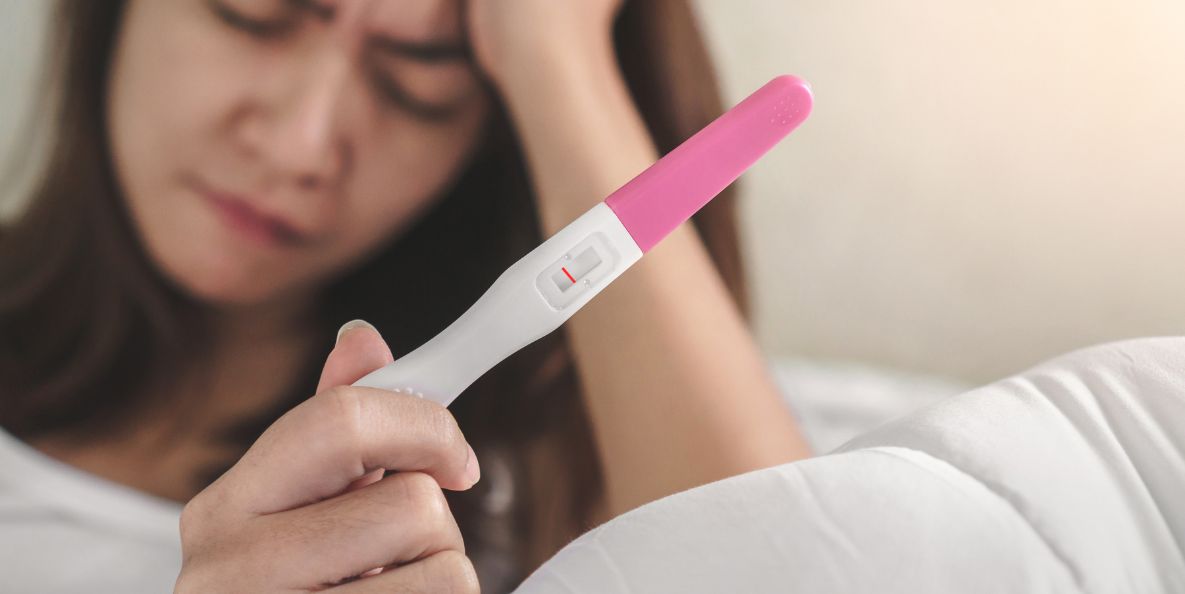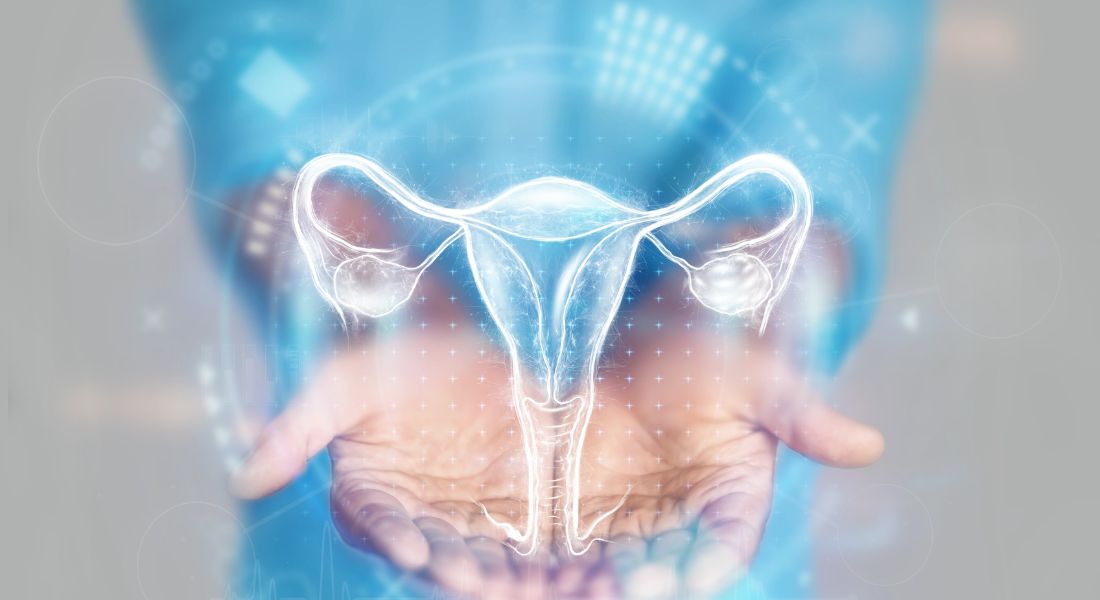Categories
Knowing all about Infertility
Nov 21, 2022
Parenthood is almost every couple's dream and yet often there is many a hurdle between having this dream and in fact actually realizing the dream. According to statistics one in every six couples has had to come to terms with problems in conceiving a baby; suggesting that almost 15% of couples in India are waking up to infertility issues.
A greater number of couples today are facing infertility problems given the changing lifestyle habits, work pressures, stress, late marriages, delaying the decision to have a child bearing amongst others. The increase in fertility issues is seen equitable in both women and men necessitating a medical/scientific intervention through fertility treatments.
The general ability of a couple to become pregnant depends on normal fertility in both the male and female partners. And challenges to this normal fertility could be posed by a variety of causes. However, there is a possibility that there exists no underlying cause for infertility; this has been observed in about 30% of the cases. Some factors of infertility are much easier to diagnose and treat, while some others could be trickier. Majority of the couples facing infertility can be assuaged with lifestyle changes and clinical help; some couples will require advanced treatments like IVF, IUF etc.
What is Infertility?
Infertility in couples its basic form means difficulty in conceiving a child despite having regular intercourse and refraining from using contraception. Although, there is no definite line to be drawn how much time it should take a couple to conceive – some couples take several months – if you haven’t been successful for one year it would be a good to consult a doctor and seek help. Note that the chances of a normal couple to get pregnant in a month stands at only 20%.
Fertility in women declines with advancing age; therefore, it is advised that those over the age of 35yrs should consult a gynecologist if they fail to conceive a child after 6 months of trying.
Other factors however can indicate to an infertility problem much earlier. For example in women - irregular menstrual cycles, severe pain during menstruation or intercourse, coital problems are indicators to female infertility. Male infertility can be gauged by low sperm count or has erectile or ejaculatory problems. In such cases, couples should consult a doctor much earlier, undergo a proper evaluation and arrive at appropriate fertility treatments.
How does a normal conception occur?
In women experiencing a normal menstrual cycle - an egg is released mid-cycle (ovulation) from the ovaries and it is picked up by the fallopian tube. Subsequent intercourse in the following 12-24 hours introduces into the vagina which then travel through the cervix (mouth of the womb), into the uterus and enter the fallopian tube to fertilize the egg. The fertilized egg becomes an embryo and takes nearly 5 days to reach and be implanted in the uterus. The embryo then grows and matures into a baby over the 36 weeks of a normal pregnancy. Each month, under normal cases, there is only one egg which ovulates from either of the ovaries and therefore it is important to time the intercourse around the time of ovulation.
Many a couple is unclear on the correct timing of intercourse, the frequency or the correct posture amongst others. The simple answers to these would be – those couples trying conceive should have intercourse at least alternate days during the fertile period (i.e., from Day 10 to Day 18 of a woman’s menstrual cycle). The ‘day 10 to 18’ formula holds good for those women with regular 28-30day cycles, however, for those with irregular cycles it is often more difficult to predict the ovulation.
The other important aspect is that couples shouldn’t get very stressed while trying to conceive. Stress leads to anxiety, sexual and personal relationship problems thereby could reduce their chances of conception chances. Hence, it is advisable that couples should be relaxed and spontaneous as it will enhance their chances of conceiving a baby.
Emotional support during Infertility Treatments
Infertility leads to a variety of emotions - anxiety, depression, anger, shame, and guilt. Both men and women can suffer from these problems, which can further hinder a couple's ability to conceive a child. Psychological distress is also associated with failure to achieve the desired results of infertility treatment. Thus, emotional and psychological support to couples grappling with infertility is vital.
How to optimize Natural Fertility?
1.Ideal age to plan pregnancy for the woman is between 25 -30yrs
2.Incorporate fresh fruits and vegetables in the diet to supplement micronutrients which are important to enhance fertility. Avoid excessive caffeine, junk food, saturated fats
3.Exercise daily in the form of brisk walking or yoga
4.Maintain ideal body mass index between 19 to 25
5.Avoid smoking and alcohol while planning a pregnancy
6.Have regular intercourse (at least alternate days) during the fertile period
7.Avoid stress and anxiety
When to see a doctor? Couples trying to conceive should seek medical help as soon possible and not wait for one year if any of the following conditions are met:
1.The female partner is aged 35 and above and as a couple you have been trying to conceive for over 6 months 2.The female partner has been experiencing short menstrual cycles, infrequent periods, scanty periods, no periods, heavy bleeding and bleeding between periods and/or after intercourse 3.The female partner is experiencing pain during periods and during intercourse 4.The female partner has excess hair growth on her body 5.The female partner has had a sudden and excessive weight gain 6.Either of the partners have a history of Tuberculosis and/or any abdominal surgeries 7.The male partner has been experiencing erectile or ejaculatory dysfunction 8.The female partner has a low sperm count ( >15m/ml)
When to see a doctor? Couples trying to conceive should seek medical help as soon possible and not wait for one year if any of the following conditions are met:
1.The female partner is aged 35 and above and as a couple you have been trying to conceive for over 6 months 2.The female partner has been experiencing short menstrual cycles, infrequent periods, scanty periods, no periods, heavy bleeding and bleeding between periods and/or after intercourse 3.The female partner is experiencing pain during periods and during intercourse 4.The female partner has excess hair growth on her body 5.The female partner has had a sudden and excessive weight gain 6.Either of the partners have a history of Tuberculosis and/or any abdominal surgeries 7.The male partner has been experiencing erectile or ejaculatory dysfunction 8.The female partner has a low sperm count ( >15m/ml)











